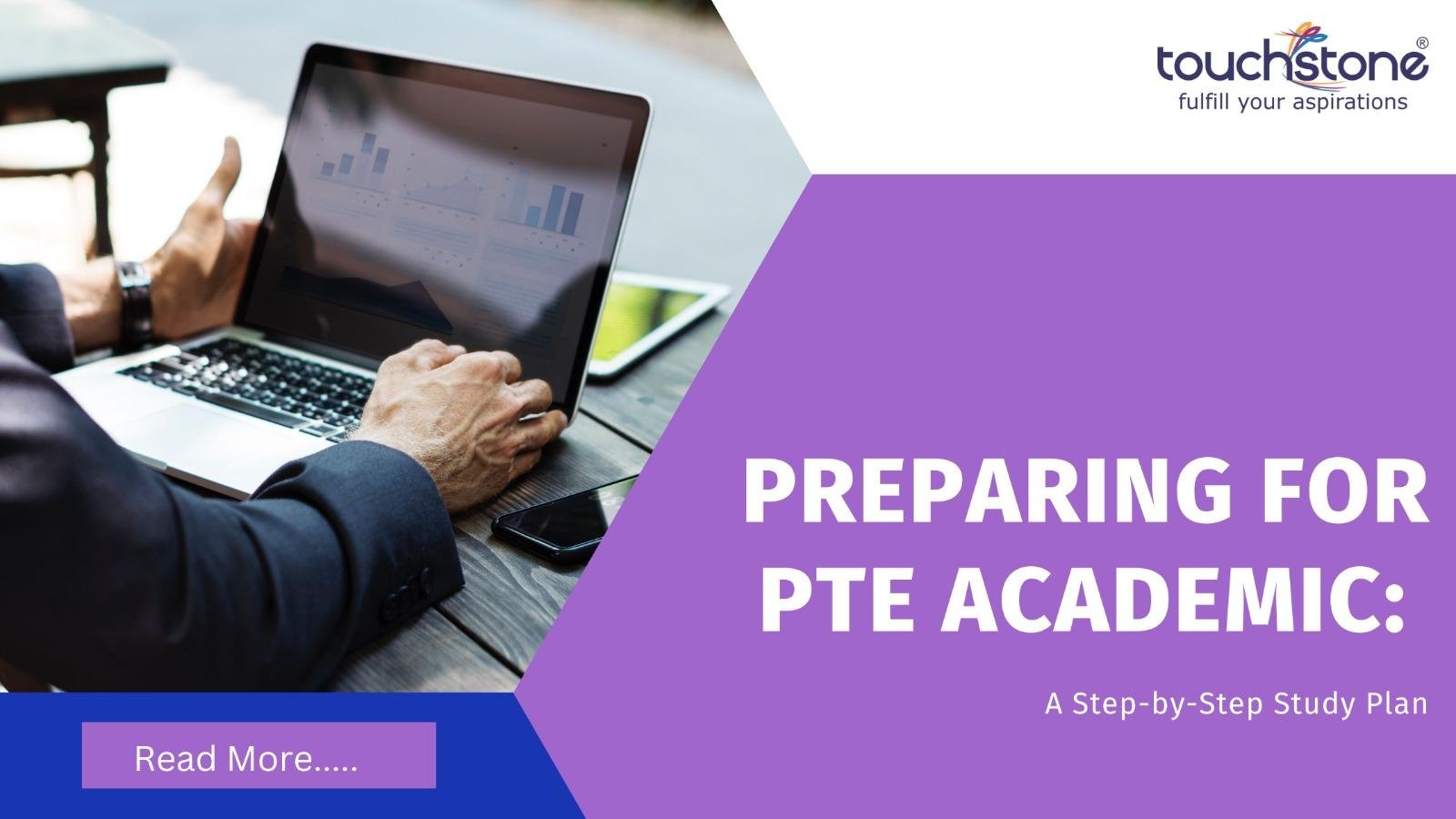Studying abroad does not just provide you with degrees and certificates. It moves you out of your comfort zone, and that experience helps you grow. When you plan to study abroad, it is very important to make a wise decision about which country to choose.
USA is specifically known for the quality of its education and its quality of life. The number of international students is increasing every year in the USA.
Here are a few advantages of studying in the US for Indian students:
WORLDWIDE RECOGNITION
USA has a very strong reputation when it comes to higher education. The US has a prestigious higher education system which is acknowledged in the rest of the world, and a degree from a top university of USA always enjoys global recognition. There are around 4000 universities across the country.
ACADEMIC FLEXIBILITY
The education system in the US is student friendly, and offers various choices which fit in with the interests and needs of the students. The universities not only provide great choices between various subjects/courses, but also provide options on when to attend the classes, and how many classes to attend each semester. The study programmes are tailored to fit the needs and preferences of the students; the priority is to make students feel comfortable by studying at their own convenience.
GLOBAL OPPORTUNITIES
US universities prepare their students in a way in which they find it easy to integrate globally. This feature attracts top recruiters from all over the world seeking adaptability, knowledge, intelligence, all of which the students acquire by studying in US universities.
TOP FACULTY
The professors in the US universities generally have a strong background of years of experience and research. This makes it possible for students to learn new approaches, and groom themselves effectively for the future.
ACADEMIC FLEXIBILITY
The education system in the US is student friendly, and offers various choices which fit in with the interests and needs of the students. The universities not only provide great choices between various subjects/courses, but also provide options on when to attend the classes, and how many classes to attend each semester. The study programmes are tailored to fit the needs and preferences of the students; the priority is to make students feel comfortable by studying at their own convenience.
CAMPUS LIFE
Students, who choose to stay on campus, learn a lot about different cultures, and this helps them in enriching their experience. It also enables them to meet people from different parts of the world, and thus broaden their horizons. Campus life in the US offers students a great mix of academics and extracurricular activities.
These are some of the reasons for choosing USA for attaining higher education. If you need any assistance in your journey of studying in the USA, Touchstone can help you in the best way possible.





